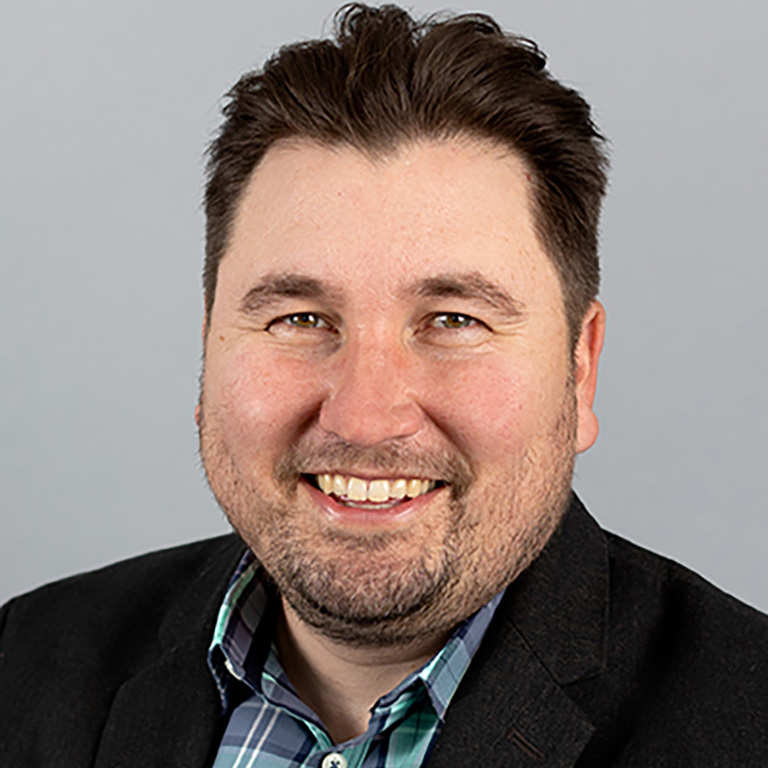- Ph.D., University of Chicago, 2017

Daniel Webb
Visiting Assistant Professor, Latino Studies Program

Visiting Assistant Professor, Latino Studies Program
Dr. Webb is an early American historian with specializations in Native American, US-Mexico borderlands, and Latino/a history. His dissertation examines one of the more sustained interactions between Indian nations and European colonists in North America. It traces the history of the diverse populations of Athapaskan-speaking people constituting the Apache (Ndé) and Navajo (Diné) nations and their relations with the governments of Spain, Mexico, and the United States in the geographical expanse known as the Apachería--a vast region stretching across the present-day states of Arizona, New Mexico, and Texas in the American Southwest as well as Sonora, Chihuahua, and Coahuila in Northern Mexico.
Dr. Webb’s second research project examines the history of environmental engineering along the US-Mexico border, with particular emphasis on the growth of commercial agriculture, systems of irrigation, and the political economy of water management. Drawing from the archives of the US Bureau of Reclamation, the Mexican National Irrigation Commission, international corporations, and local stakeholders, it focuses on the political struggles between small farmers, politicians, and mid-level technocrats for control of the tributaries flowing into the lower Colorado and Rio Grande River valleys. This project reveals how the new infrastructure of pump houses and hydroelectric dams transformed the region’s physical landscape, while also reinforcing existing class divisions in the agricultural districts and booming population centers on both sides of the border during the mid-twentieth century.
Between 2012 and 2016, Dr. Webb served as a lecturer in “America in World Civilization” and as a writing intern in “Philosophical Perspectives.” Additionally, he designed and taught advanced undergraduate courses on Borderlands and Latino/a History as a Von Holst Prize Lecturer in the Department of History in 2014 and as a graduate lecturer at the Center for the Study of Race, Politics, and Culture in 2015.